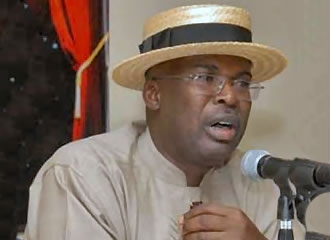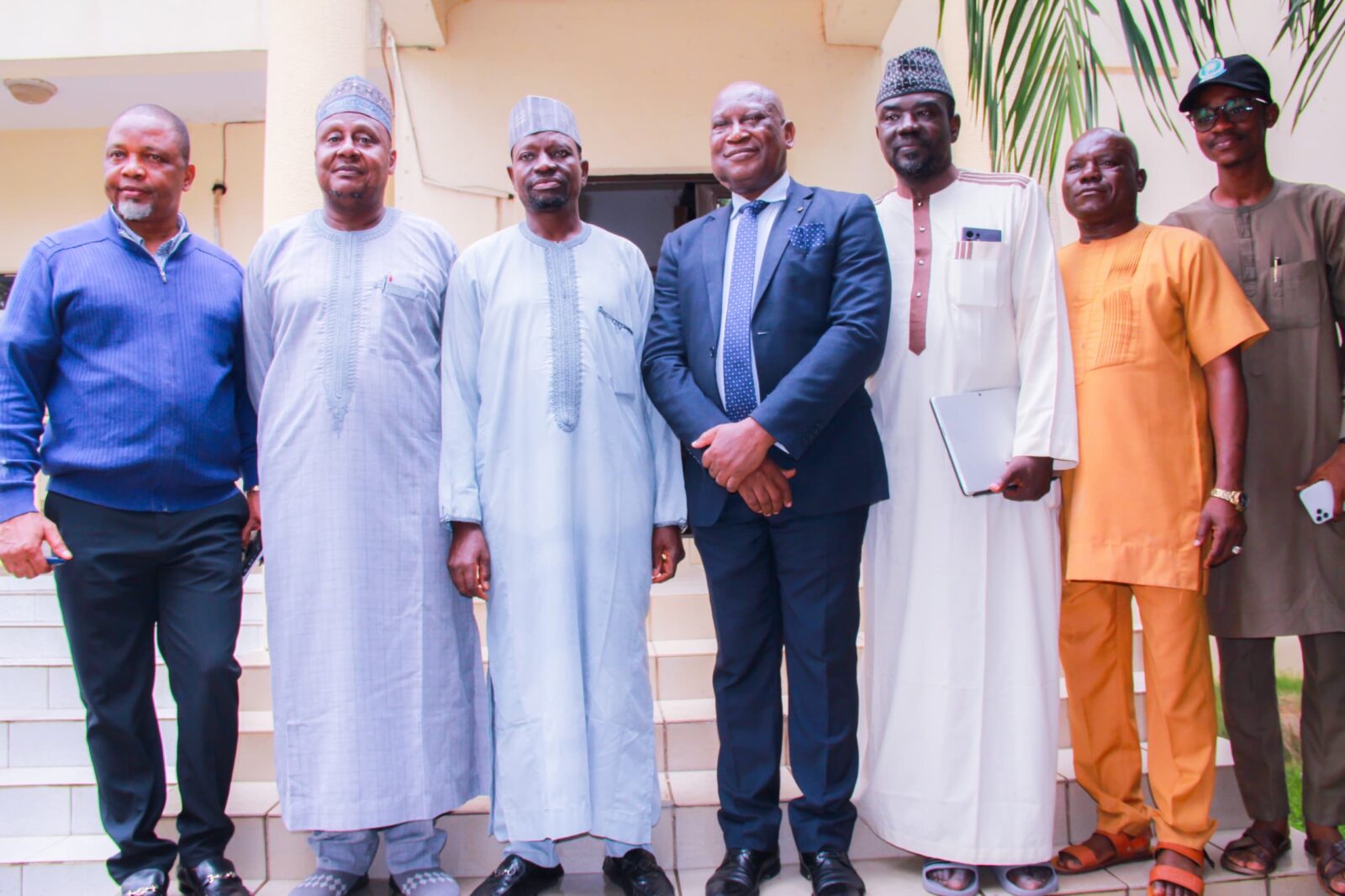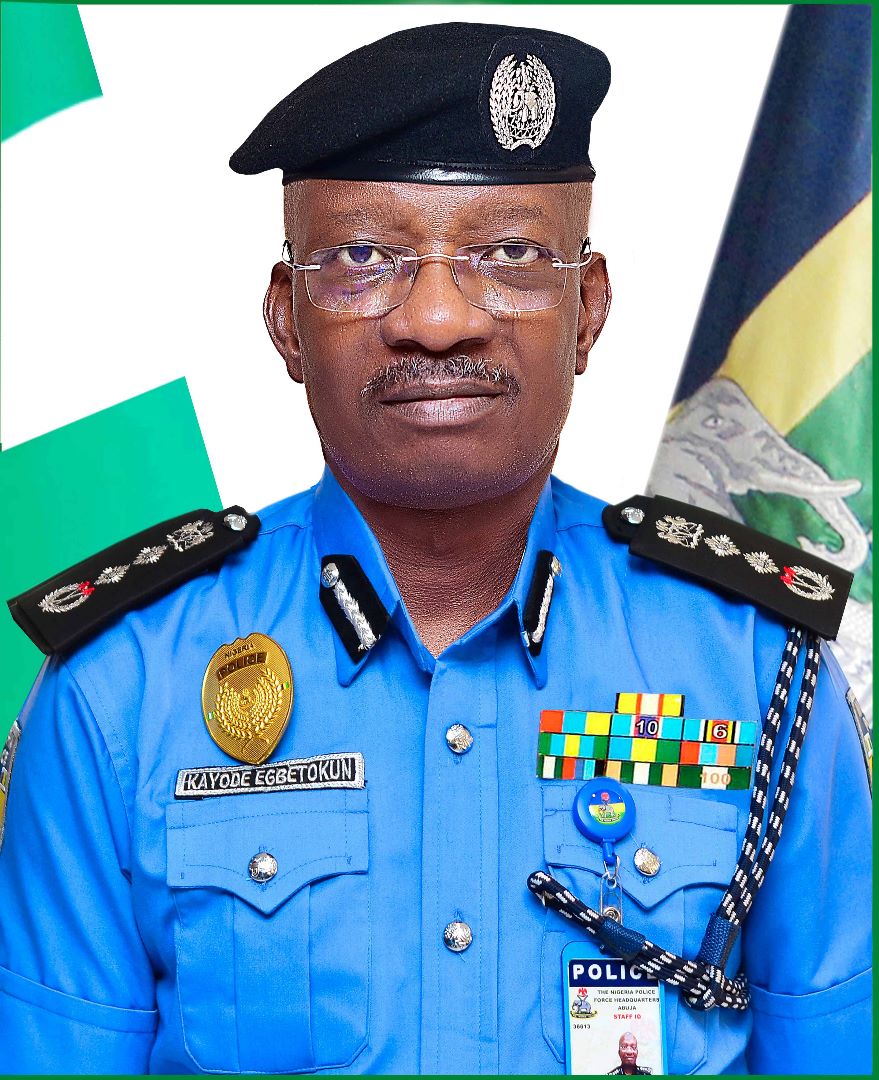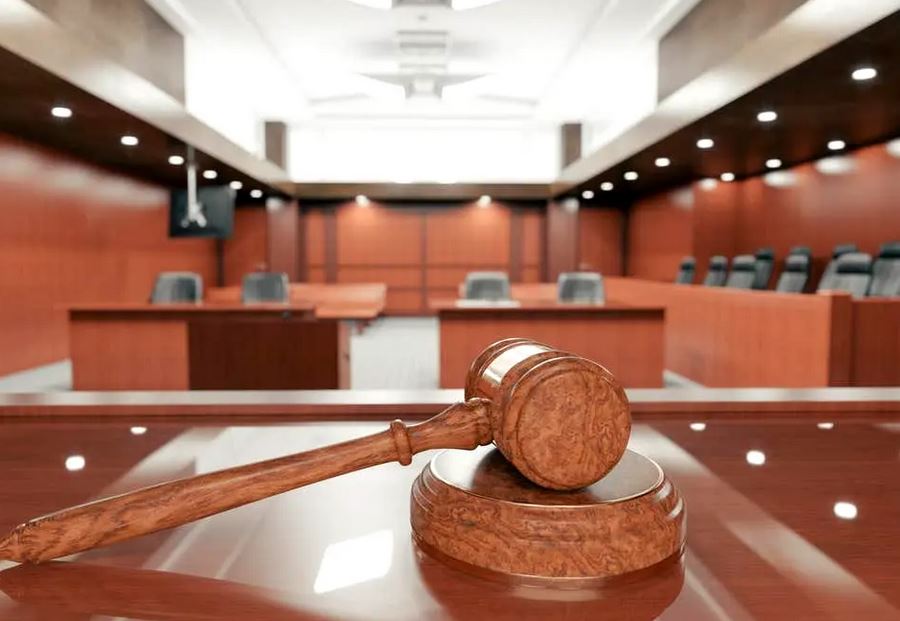The Centre for Crisis Communication (CCC), a leading authority in crisis management in Nigeria, has leveraged its extensive expertise in conducting a comprehensive assessment of the performance of Nigeria’s security services based on media coverage in June 2024
The Centre, a non-governmental organisation that is deeply committed to peace, expressed concern over some groups and parties’ escalating tension and restiveness, which can lead to conflict and exacerbate internal security challenges.
The board chairman of the Centre, Major General Chris Olukolade (Rtd), disclosed this at a press briefing in Abuja.
Olukolade highlighted potentially volatile developments, including the ongoing minimum wage dispute between organised labour and the Federal Government, the political feud in Rivers State, the Emirship tussle in Kano and similar scenarios in other states, all of which could escalate into serious conflicts.
Regarding trending agitations over economic hardship and calls in social media and from groups urging Nigerians to follow the Kenya example and protest, Olukolade said the Centre did not subscribe to such defeatist suggestions.
“The centre is deeply concerned about the antics of those rooting for the idea of re-enacting the anti-tax crisis in Kenya. Those who believe that such destructive protests in Nigeria will be a way to resolve a crisis are rather calling for what is not consistent with our future and desire for a peaceful and progressive nation. We want to reiterate that we are strongly against such actions.
“So we want to caution against such tendencies and advise that the situation in Nigeria can be better managed with good consensus, discussions, and the necessary consultations. In other words, we are strongly against the idea of referring to the Kenya civil model. The outcome of the Endsars protests is still fresh in our minds, and it’s not something we can re-enact by any other means.
While presenting a summary of the monthly Media Review on Nigeria’s security services, a Consultant to the Centre and Editor-in-Chief of PRNigeria, Mr Yushau A. Shuaib, commended media outlets for maintaining fairness and objectivity in their reporting, stressing the crucial role of responsible media in shaping public perception.
He said that to facilitate a comprehensive media review assessment, the critical institutions were categorised into four distinct sectors: the military industry, which is responsible for the country’s defence and security; the security and law enforcement sector, responsible for maintaining law and order, combating crime, and enforcing the country’s rules and regulations.
“The Intelligence and Anti-corruption Agencies sector which is responsible for gathering intelligence, preventing corruption, and investigating financial crimes. Lastly, the Responders sector is a crucial component of Nigeria’s crisis management, responsible for responding to emergencies, preventing accidents, and providing vital humanitarian assistance in times of crisis.”
According to the summary of the media review, the Military sector scored 61.5%, with positive reports on the elimination of terrorists and protection of oil resources. Negative reports focused on attacks on troops and civilians and frustration in the fight against banditry and terrorism.
The Security and Law Enforcement sector scored 64%, with positive reports on arrests, convictions, and inter-agency collaboration. However, negative reports highlighted inter-agency conflicts, illegal seizures and drug abuse among Nigerians,
The Intelligence and Anti-Corruption sector achieved a score of 64.5%, with praises for sustained collaboration, dismantling of kidnap syndicates, and asset recovery. However, challenges related to banditry, non-compliance with court orders and mistreatment of citizens by government agencies were also reported.
Despite low media coverage, the Response Agencies sector scored 62.5%, with positive reports on accident reduction, flood mitigation measures and resettlement of internally displaced persons. Negative reports highlighted deadly road accidents and firefighting delays.
The review also highlighted potential political crises in some states, especially over the power struggle in Rivers and the Emirate tussle in Kano, posing challenges to security services.
The Centre also urged all parties to embrace peace and security, refrain from inflammatory rhetoric, and seek dialogue and peaceful resolution of conflicts, emphasising the potential for a peaceful outcome. It also cautioned against the spread of fake news by the media and hate speeches by politicians, which it described as “dangerous to the unity and corporate existence of Nigeria.”
The CCC commended the security sector for its efforts and encouraged continued responsible reporting by the media. The centre remains committed to supporting the security sector’s growth and adaptation to future challenges.










